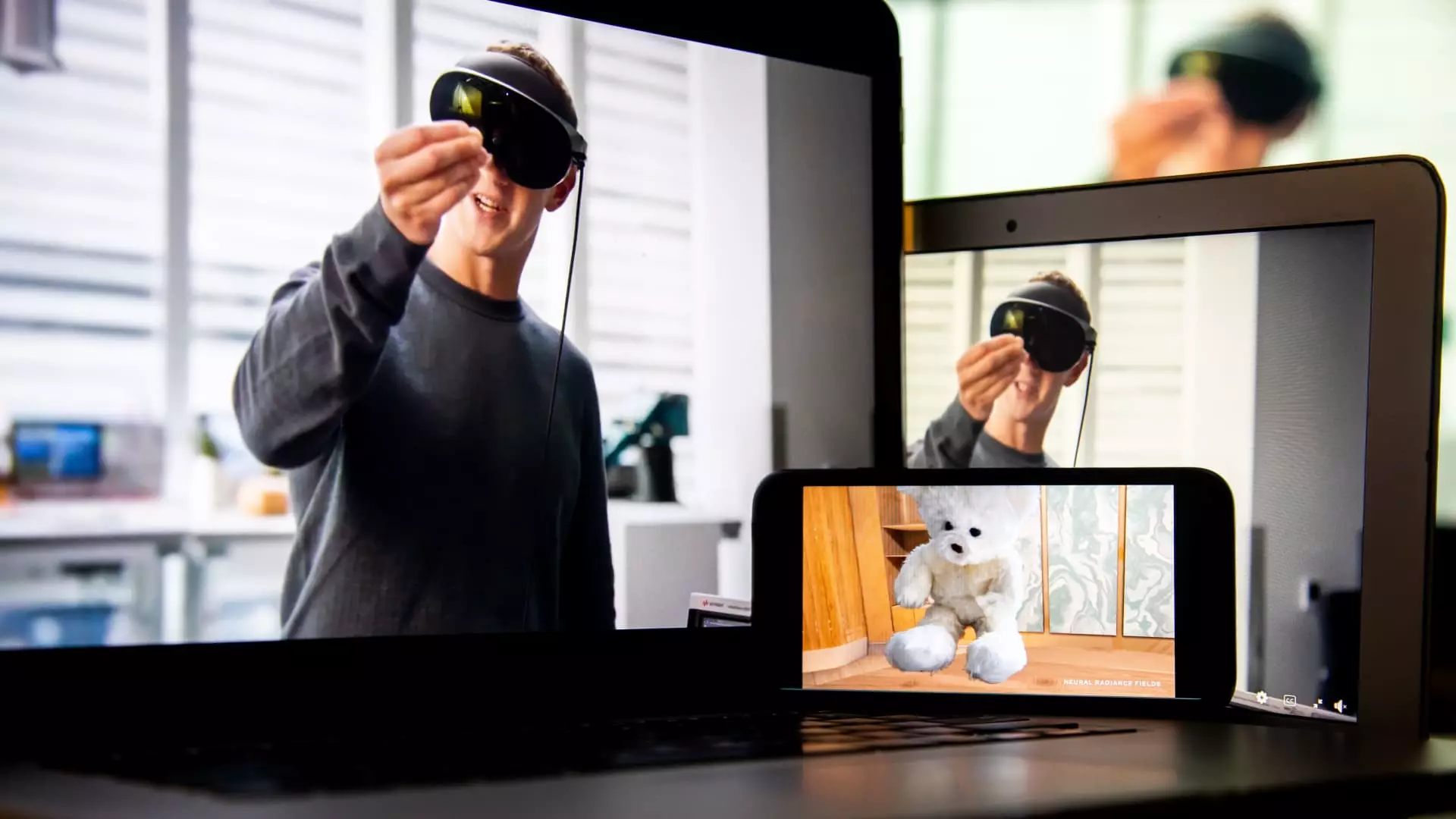Meta Platforms, Inc. is currently facing a staggering financial crisis as it pours billions into developing virtual reality (VR) and augmented reality (AR) technologies, which are essential to its metaverse vision. In its latest earnings report, the company revealed that the Reality Labs segment alone suffered an operating loss of $4.97 billion in the fourth quarter, despite generating $1.1 billion in revenues. Analysts had expected an even worse outcome, predicting a loss of $5.4 billion for that quarterly period. This marks a continuation of financial distress that has characterized Reality Labs since its inception, with losses exceeding $60 billion since 2020. Such financial indicators raise questions about the viability and sustainability of Meta’s ambitious metaverse investments.
Since acquiring Oculus, the VR startup, for $2 billion in 2014, Mark Zuckerberg has fervently advocated for the importance of VR and AR technologies in shaping the future digital landscape. He envisions these technologies as the cornerstone of the metaverse, a concept he believes represents the next significant computing paradigm. However, the substantial financial losses and ongoing pressure from Wall Street investors create a contrasting narrative, raising concerns about whether this bold vision is grounded in realistic economic projections or perhaps an overambitious gamble.
Meta’s planned investments paint a picture of a company eager to pivot towards future technologies despite current setbacks. The firm announced plans to allocate between $60 billion and $65 billion towards capital expenditures in 2025, primarily aimed at enhancing its artificial intelligence (AI) capabilities. Zuckerberg has expressed that AI will play an integral role in Meta’s metaverse initiatives, intertwining these cutting-edge technologies in hopes of creating a seamless digital ecosystem. Additionally, the collaboration with EssilorLuxottica on the Ray-Ban Meta Smart Glasses illustrates Meta’s commitment to merging fashion with technology, albeit in a landscape filled with uncertainty.
As Meta endeavors to solidify its position in the VR and AR sectors, it is not alone in this pursuit. Competing tech giants, such as Apple and Google, are also researching and developing their own devices. Apple’s recent launch of the Vision Pro headset, priced at $3,499, signifies its entry into the premium segment of VR technology, while Google’s Project Moohan, created in partnership with Samsung, aims to join the AR/VR competition by 2025. This crowded market landscape presents additional challenges for Meta, which must find innovative ways to differentiate its offerings and regain consumer trust.
As Meta navigates the turbulent waters of emerging technologies and competitive pressures, its substantial investments in VR and AR raise pressing questions about the sustainability of its metaverse aspirations. While the potential for creating a new digital realm is tantalizing, the financial hurdles and skepticism from both investors and the public could cloud its journey. Whether Meta will adjust its strategies and achieve success remains to be seen, but consumer interest and corporate resilience will undoubtedly play pivotal roles in determining the future of the metaverse.

